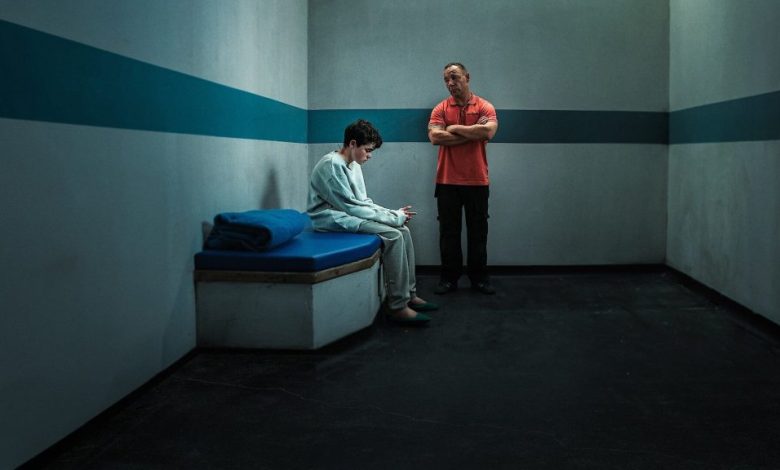UK Culture Minister Chris Bryant Downplays Chances of Labour Government Increasing High-End TV Tax Credit

UK Culture Minister Chris Bryant has tempered expectations regarding the Labour government’s plans to enhance the UK’s high-end TV (HETV) tax credit. Speaking to Deadline, Bryant emphasized that while the tax rebate system remains under review, any changes will depend on the upcoming national budget, set by Chancellor Rachel Reeves, with announcements expected in the coming months.
Industry leaders, including Doctor Who producer Jane Tranter and Black Doves executive producer Jane Featherstone, have advocated for increasing the current HETV tax credit from approximately 25% to 40%. This adjustment would align it with the tax credit available for independent films. Other voices within the sector have called for support targeting lower-budget productions costing between £1 million and £3 million per hour. Earlier this year, the UK’s Culture, Media & Sport Committee recommended urgent analysis by the BFI to explore potential adjustments to the credit and their return on investment.
Bryant stated, “The current tax credits are competitive internationally, and our goal is to maintain this position.” He also highlighted the £75 million funding package unveiled by the Culture, Media & Sport department as part of a broader creative sector plan, but clarified that tax credit alterations fall under the budgetary process rather than spending reviews or industrial strategies.
The minister acknowledged multiple stakeholder requests, including demands for a tax credit on movie distribution, though he has yet to see convincing data to support such a move. Bryant pointed to the previous government’s successful increase of the indie film credit to 40% as evidence that necessary changes can be enacted when justified.
The HETV tax credit has been a transformative factor for British television over the last decade. However, challenges remain, especially with rising production costs fueled partly by American streaming services. Bryant expressed strong support for Netflix and the broader streaming ecosystem, stating he favors a “mixed ecology” in content production and distribution.
Addressing concerns about introducing a streamer levy, Bryant confirmed the Labour government has no plans to implement such a tax. He emphasized the importance of balancing robust UK content production for global streaming platforms with the sustainability of public service broadcasters (PSBs) that serve domestic audiences.
See More ...
Following recent industry developments, including the US administration’s proposed film tariffs, Bryant highlighted the global nature of the industry and the importance of international market access for UK productions.
The recently announced creative sector plan also includes initiatives to facilitate broadcaster consolidation and partnership, with rumors of ITV being on the market. Bryant expressed openness to mergers if they help preserve significant production budgets for UK content.
He concluded by emphasizing the government’s ambition for the UK to be the leading global hub for film and TV production by 2035. Investments in the National Film & Television School and private sector contributions aim to diversify the industry and foster opportunities for new voices beyond established industry families.
Source: deadline.com




